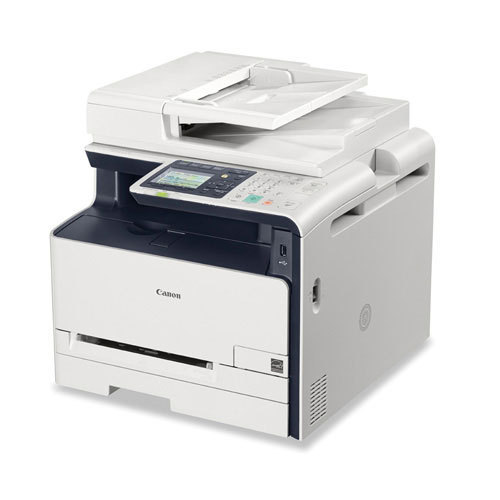

I wondered how differently many of his previously controversial quotes – about social justice warriors, a pizza fast-food chain, the Shrek soundtrack – might read in the context of their delivery. Irony may not always be a healthy coping device, but having fun with an interview seems like the least a rock star should do. Some version of this dynamic repeats constantly over the next hour.

But Corgan says it playfully, with such self-awareness that he gets away with it: suggesting that he knows this is absurd, but it’s how he feels, and actually it’s even appropriate given his stature that he’d rather risk ridicule than minimise his feelings. Now, this reads like something a famously self-important rock star would say. They were sort of interested in separating me from my own true narrative.” We are in a Manhattan hotel, discussing how Corgan came to realise that his lifelong pursuit of music – and the undeniable success that had come with it – had left him unfulfilled, when he says this: “I would watch people quite cleverly try to disassemble what I’d actually built. I f you have ever paid attention to the Smashing Pumpkins, you know that Billy Corgan is a famously self-important rock star: the type who talks at length to the press about how great he is and then complains about being misquoted.


 0 kommentar(er)
0 kommentar(er)
